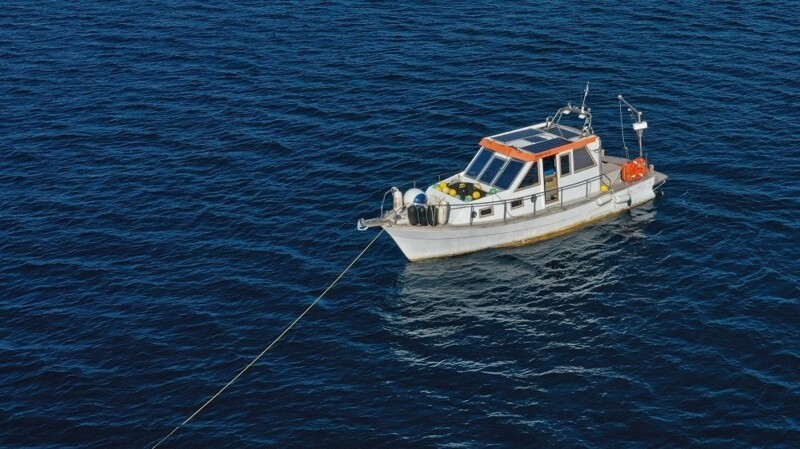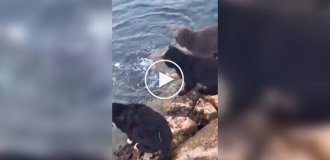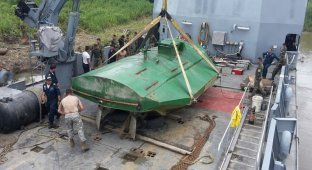In Greece, found a top-secret submarine from the Second World War (9 photos)
An experienced diver from Greece announced that after 20 years of searching, he finally managed to find the special purpose submarine HMS Triumph, sunk during World War II. 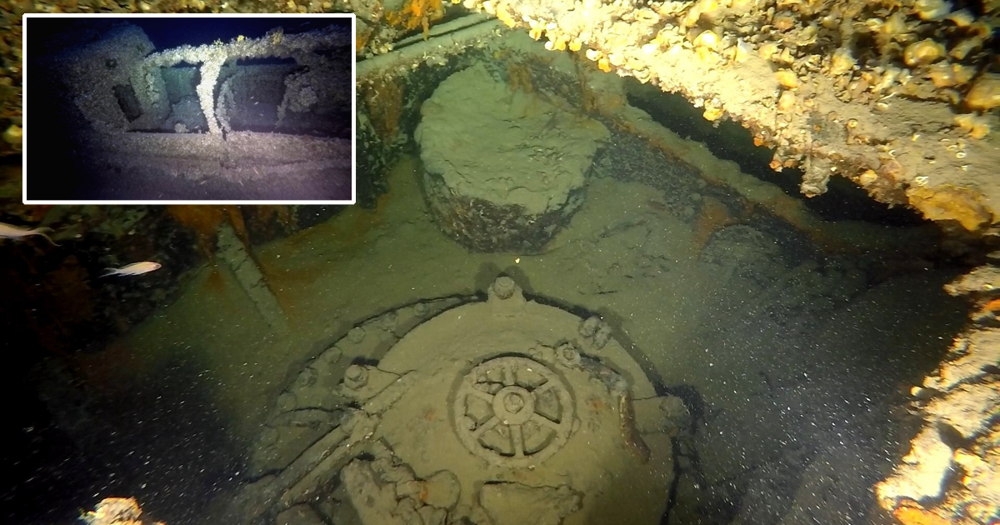
British submarine of the times was found off the coast Greece, where she sank in 1942. Greek diver Kostas Toktarides announced on his Facebook page that his team had discovered HMS Triumph in the Aegean, "ten kilometers" from Cape Sounion and on depth of about 200 meters.
According to Toktarides, closed hatches and a retracted periscope indicate that the submarine was submerged at the time his death. 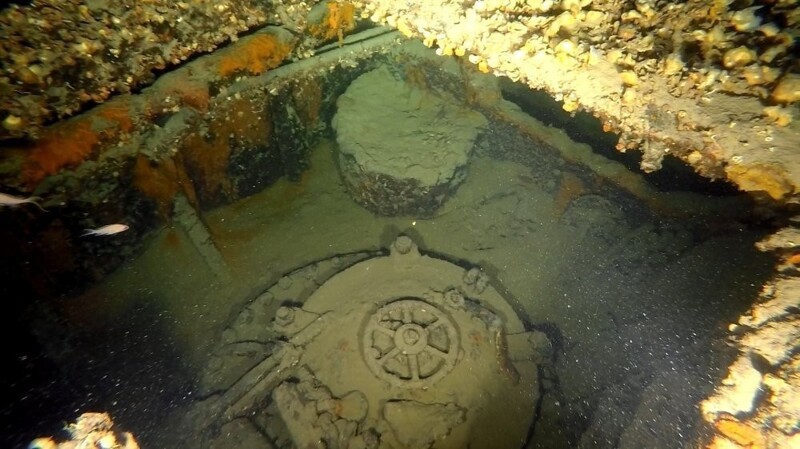
One of the members of the search party, Rena Giatropoulo Toktarides, told Live Science that the nose was heavily damaged by the explosion, which probably sank the submarine. But it is not clear if this explosion was external - perhaps from a depth charge or naval mines - or internal, that is, one of their own exploded submarine torpedoes. The team is currently working with experts on submarines and torpedoes to "get the answers we are looking for" - Toktarides explained in an email. 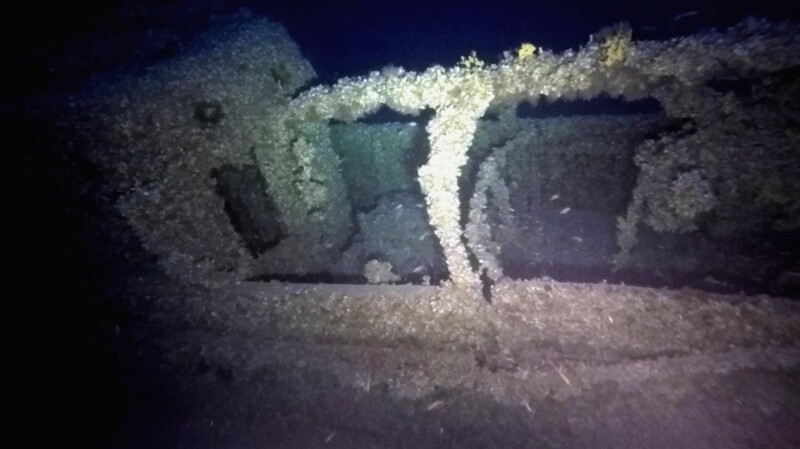
Special Operations
The Triumph submarine was launched in 1938 and flew over 20 missions during World War II, including attacks on the ships of the Nazi coalition and submarines in the Mediterranean. But the ship is best known for its role in covert ops, including rescuing several Allied soldiers trapped in North Africa, and delivery to Greece, which was then hostile territory, British intelligence officers to help there resistance.
Also in 1941, a submarine secretly delivered a captain Bill Hudson, British Special Operations Officer (SOE), to the Axis-held Serbian port of Petrovac on the Adriatic coast to help the Yugoslav partisans - one of the first missions SOE and the forerunner of all special military operations since then. 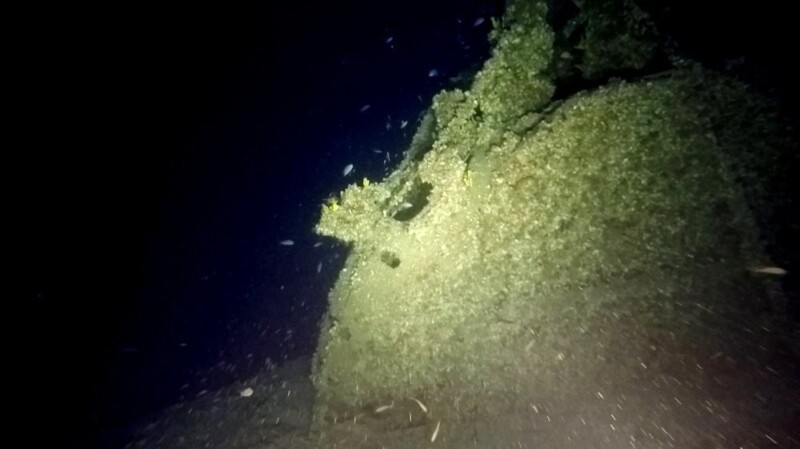
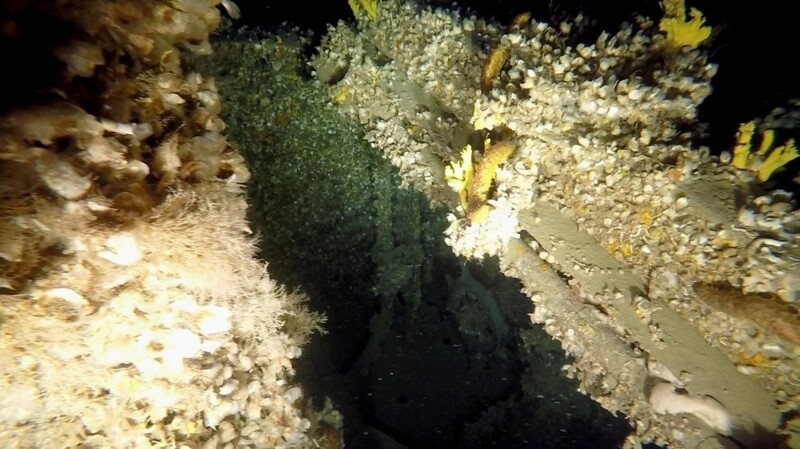
Toktarides and his team searched for the wreckage of the Triumph for more than 20 years. “The history of Triumph is complex and occupies a unique place in naval history; it is inextricably linked with the Greek resistance and secret services operating during the Italo-German occupation,” Giatropoulou said.
They have already discovered four sunken submarines, including including HMS Perseus in 1997, but finding HMS Triumph was "extremely difficult,” she said. “Most of the time the search went on in a bad weather and with very strong undercurrents.
One of the keys to success was the use of remote controlled underwater vehicle, or ROV: "Divers may not operate at a depth of 203 meters and with such strong currents,” she explained. 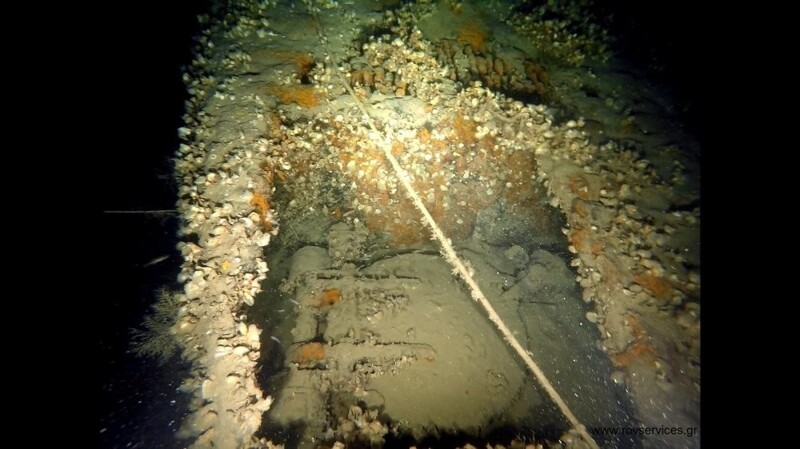
Missing
According to the naval archives, in December 1941 The Triumph secretly entered the Despotikos Gulf, not far from the island of Antiparos. in the Cyclades. On December 30, the submarine sent an encrypted message about that landed a group of British military intelligence, and then on January 9 she was supposed to rescue over 30 British fugitives from a nearby islands of Antiparos.
But the Triumph never showed up, and the fugitives were arrested. By as of January 23, 1942, the submarine was listed as Royal missing in action fleet with 64 crew members on board. 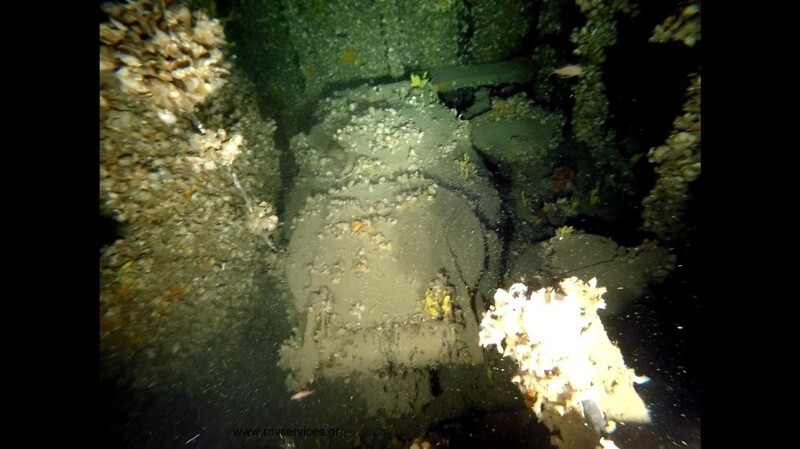
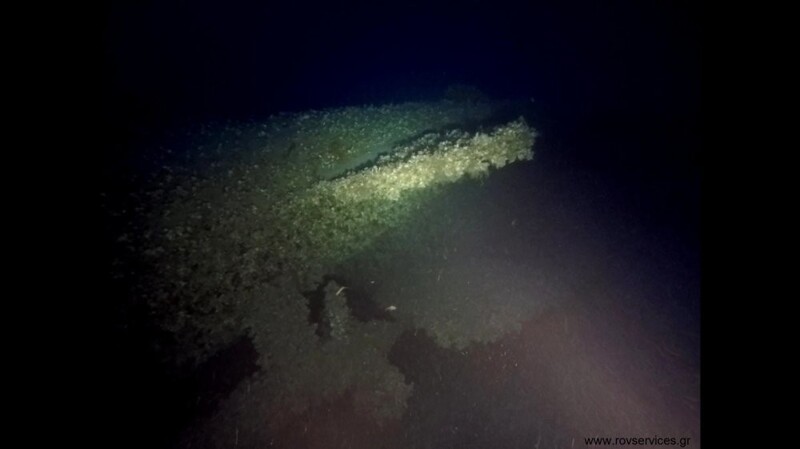
Apparently the crew died in the sinking. "I believe that all 64 heroes are on the submarine since they were in the deep diving and all the hatches are closed,” Giatropoulou said. — To HMS Triumph must be treated with the respect and holiness that she deserves as naval grave.
Similarly, it is important to notify the families of the missing crew, said Timmy Gambin, a marine archaeologist at the University of Malta, who did not participate in the search for "Triumph", but led the discovery the wreckage of HMS Urge, a British submarine from World War II war that sank off the coast of Malta.
"S tthousands of ships lost during World War II war, many human stories appeared - not only victims, but also about those who survived them, ”Gambin wrote Live Science. 